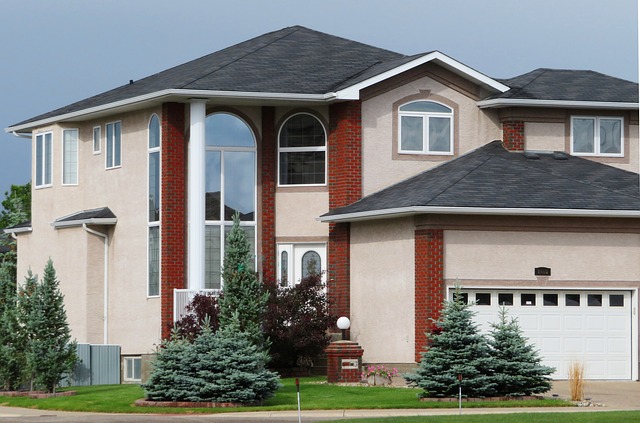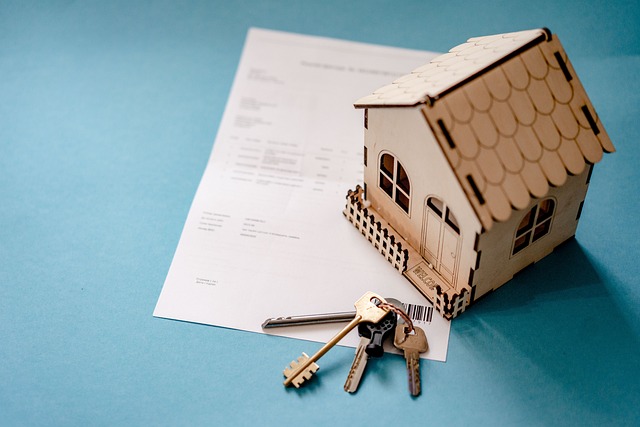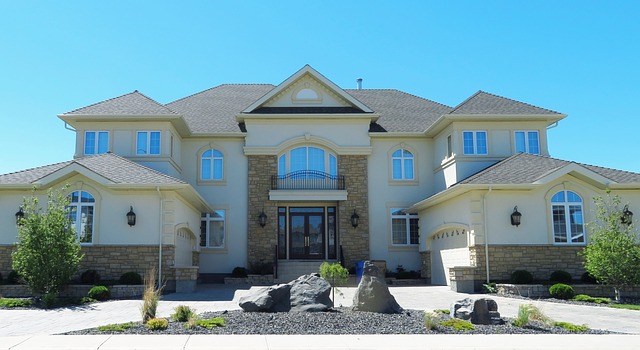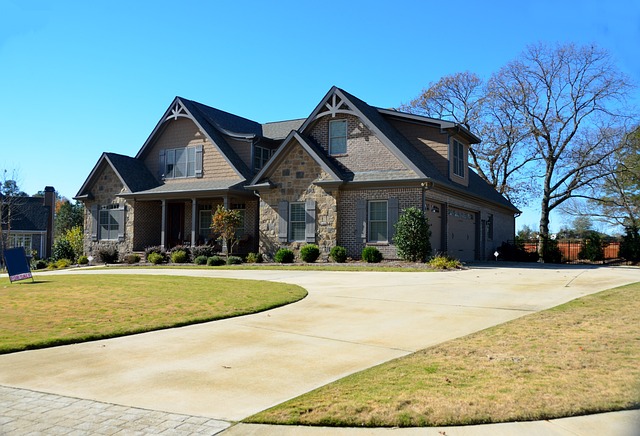Executive Condo Ownership: Leasehold vs Freehold Eligibility & Impact
Understanding the ownership structure is key when buying an executive condo. Leasehold properties offer lower initial costs but strict resale restrictions after 99 years, while freehold condos provide full ownership with higher resale value. Prospective buyers…….

Understanding the ownership structure is key when buying an executive condo. Leasehold properties offer lower initial costs but strict resale restrictions after 99 years, while freehold condos provide full ownership with higher resale value. Prospective buyers should weigh these options carefully, considering both current and future market potential, especially regarding Executive Condo Resale Eligibility. Freeholds are more desirable due to stability, flexibility in selling, and higher demand, whereas leaseholds face challenges due to stricter resale criteria. Grasp legal aspects like tenure types and HDB rules for a smooth ownership experience.
When considering an executive condo, understanding the key distinction between leasehold and freehold ownership is vital. This article breaks down these concepts, explores their impact on resale value, and examines legal aspects critical for buyers and sellers. We delve into the benefits and drawbacks of each, guiding you through the complexities to ensure informed decisions regarding executive condo leasehold vs. freehold eligibility.
- Understanding Leasehold and Freehold Ownership in Executive Condos
- Key Differences Between Leasehold and Freehold Tenancies
- Impact on Resale Value and Marketability of Executive Condos
- Benefits and Drawbacks for Potential Buyers and Sellers
- Legal Aspects and Considerations for Executive Condo Ownership
Understanding Leasehold and Freehold Ownership in Executive Condos

In the context of executive condos, understanding the distinction between leasehold and freehold ownership is paramount for prospective buyers. Leasehold refers to a property where the owner holds a lease granted by the land owner (usually a government body or developer) for a specified period, typically 99 years. This means the lessee has the right to occupy and use the property but does not own the land itself. In contrast, freehold ownership signifies full ownership of both the building and the land it stands on.
Freehold owners have greater control over their property and can make changes or renovations without seeking approval from a third party. This also translates to higher resale value as market demand for freehold executive condos is generally stronger due to their permanent nature and lack of lease restrictions. In contrast, while leasehold properties offer lower initial costs, they may face limitations in terms of resale eligibility after the lease period nears its end, which can significantly impact future investment prospects.
Key Differences Between Leasehold and Freehold Tenancies

When considering an executive condo, understanding the key differences between leasehold and freehold tenancies is crucial. In a leasehold arrangement, the owner of the property grants a tenant the right to occupy it for a set period, typically 99 years or less, after which the lease expires. This means the tenant does not own the land but rather pays rent to the freeholder, who owns the land and the building. On the other hand, freehold ownership offers tenants full possession of both the property and the land it sits on. They have complete control over the condo unit and can make alterations or improvements without seeking permission.
One significant distinction for prospective buyers is the executive condo resale eligibility. Freehold owners typically enjoy more flexibility in selling their properties at any time during their ownership period, whereas leasehold owners may face restrictions and need to consider the remaining lease term. This can impact the resale value and marketability of the condo unit. Understanding these differences is essential when making an informed decision about acquiring an executive condo.
Impact on Resale Value and Marketability of Executive Condos

The choice between leasehold and freehold ownership significantly impacts the resale value and marketability of executive condos. Freehold properties generally hold their value better over time, as they are not subject to lease renewals or potential rent increases. This predictability makes them more attractive to buyers, leading to higher demand and potentially larger resale prices. Conversely, leasehold units might face challenges in terms of eligibility for resale. The criteria for selling a leasehold condo can be stricter, often requiring the buyer to assume the remaining lease or meet specific lease term requirements. These conditions could narrow the potential market and influence the overall resale value negatively.
Additionally, the liquidity of executive condos is influenced by ownership structure. Freehold owners enjoy greater flexibility in terms of selling their properties at any time without waiting for lease expirations. In contrast, leasehold sellers may encounter longer sales times due to the need to navigate lease terms, which could result in less immediate cash flow for those looking to sell quickly or reinvest. Understanding these dynamics is crucial when considering the resale eligibility and marketability aspects of executive condos.
Benefits and Drawbacks for Potential Buyers and Sellers

For potential buyers, the choice between leasehold and freehold ownership in an executive condo can have significant implications. One of the key benefits of a freehold is the long-term stability it offers; owners have complete control over their property with no lease restrictions, providing greater flexibility for alterations or renovations. Freehold properties also often come with higher resale value, as buyers seek out titles with minimal or no remaining lease terms, enhancing overall investment appeal.
On the other hand, leasehold properties, while typically more affordable at the point of purchase, can be subject to stricter regulations and potential rent increases over time. For sellers, a freehold unit might attract a wider range of buyers due to its desirable features and higher resale eligibility for executive condos, as determined by market trends and development policies. However, leasehold properties can still have their advantages, especially for those who prefer lower initial costs and a more manageable property ownership experience.
Legal Aspects and Considerations for Executive Condo Ownership

When considering executive condo ownership, it’s crucial to understand the legal aspects and various considerations that come into play. In Singapore, condos are typically owned through leasehold or freehold tenure. For executive condos, the leasehold period is 99 years from the date of grant, renewable indefinitely. This offers a long-term security of tenure for residents. However, a key aspect to note is the Executive Condo Resale Eligibility. The Housing & Development Board (HDB) sets rules and restrictions on when and how these properties can be resold, often with cooling-off periods and minimum occupancy requirements to prevent speculative buying.
Legal complexities arise from the leasehold nature of executive condos. Owners have rights but also responsibilities, such as paying ground rent and adhering to HDB regulations. The lease agreement outlines these terms and conditions, including any restrictions on alterations or subletting. Understanding these legal parameters is essential for prospective buyers to ensure a smooth ownership experience and avoid potential disputes later on.
When considering an executive condo, understanding the distinction between leasehold and freehold ownership is paramount. Each structure has unique implications for resale value, marketability, and legal considerations. While leasehold offers a lower initial cost and reduced maintenance responsibilities, it may limit long-term control over the property. Conversely, freehold provides full ownership rights but typically comes with higher expenses and more stringent management rules. For potential buyers, evaluating these factors in light of their financial goals and lifestyle preferences is crucial for making an informed decision that aligns with their Executive Condo resale eligibility.







